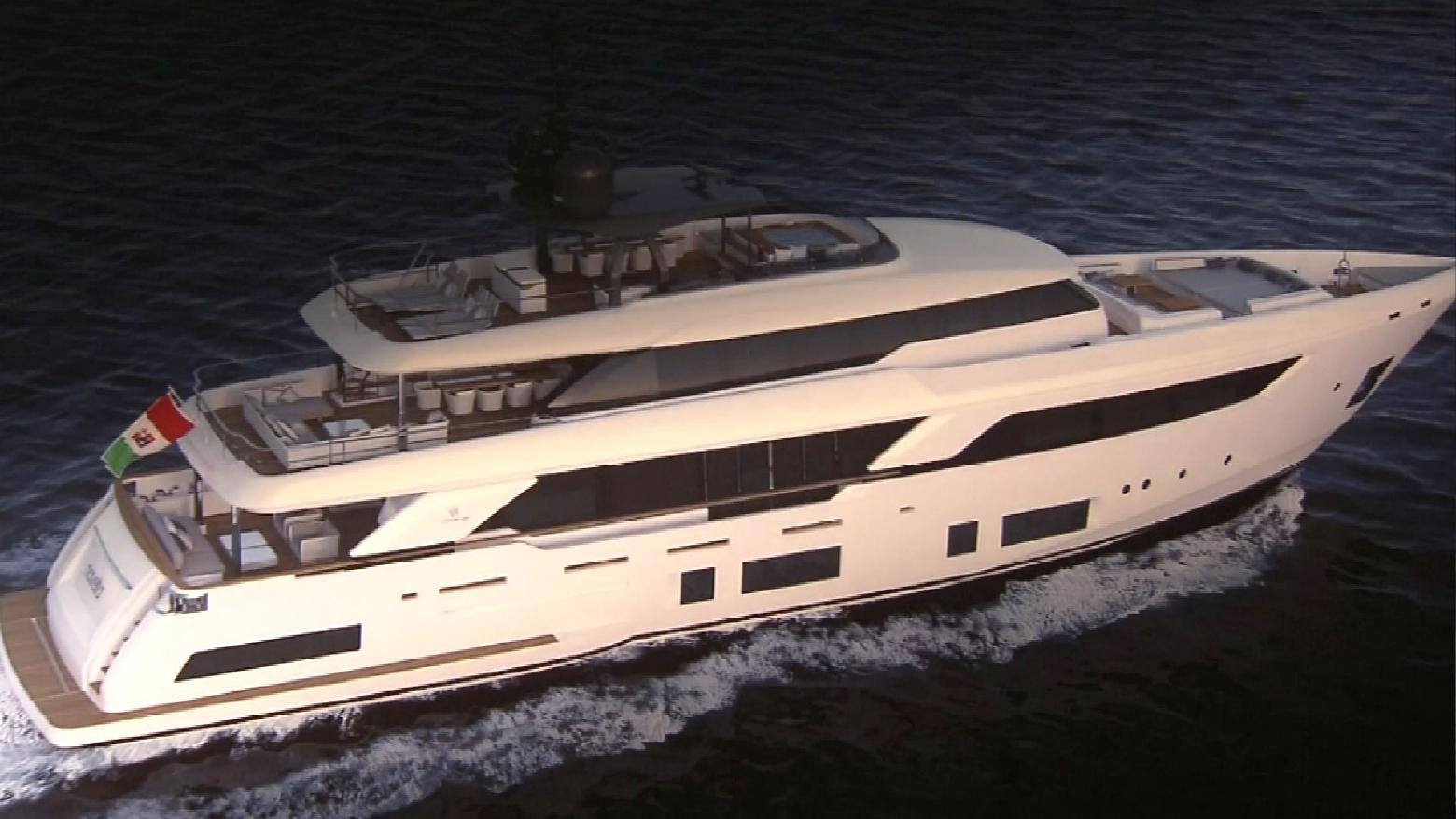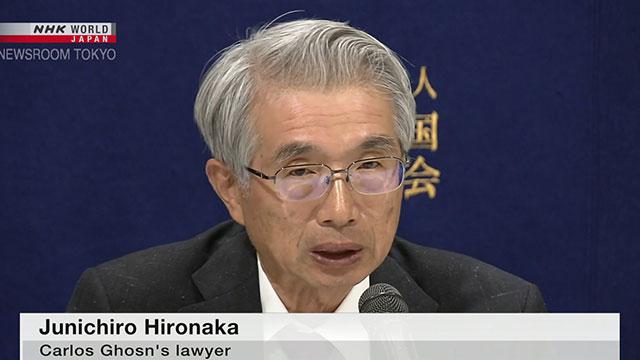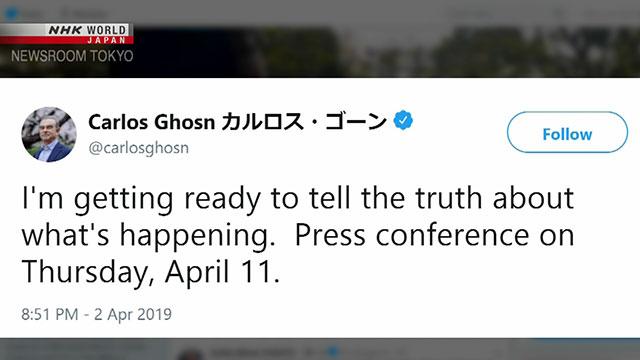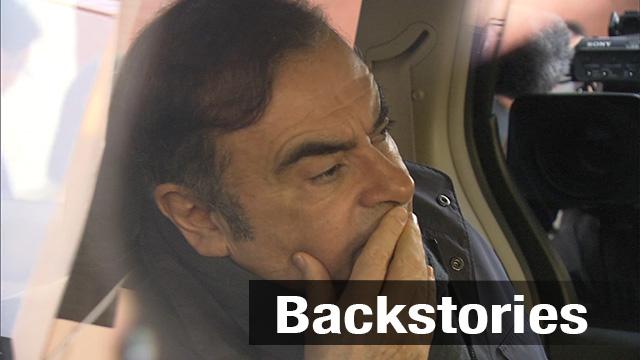Timeline
▪️ November 19, 2018
Ghosn arrested for underreporting his compensation over a period of five years, from April 2010 to March 2015.
▪️ December 10, 2018
Ghosn rearrested for underreporting his compensation for a further 3 years, from April 2015 to March 2018.
▪️ December 21, 2018
Ghosn rearrested on two counts of aggravated breach of trust:
1) Allegedly shifting personal foreign exchange contracts carrying losses of up to $16 million onto Nissan in 2018.
2) Allegedly transferring about $15 million to the company of a Saudi businessman for helping him through personal financial difficulties.
▪️ March 6, 2019
Ghosn released on bail.
▪️ April 4, 2019
Ghosn rearrested for a fourth time by Tokyo prosecutors. The charge is aggravated breach of trust. He is alleged to have directed Nissan funds to a dealership in Oman, effectively causing the automaker to lose about $5 million.
'Oman Route'
Prosecutors are now focusing their investigation on the 'Oman Route'. NHK sources say some of the payments to the Omani dealership were transferred to a bogus company in Lebanon. This money is believed to have been used to purchase Ghosn's yacht and also to have been sent to a US-based company run by his son.


NHK sources say Ghosn borrowed around $27 million from the Omani dealership's owner in January 2009. Prosecutors have obtained an IOU for the debt, which carries a signature believed to be Ghosn's.
Sources say that when Ghosn signed the document, he was being asked by a bank for additional collateral to cover losses he had incurred from personal investments.
They say Ghosn offered the bank time deposits worth about $19.7 million in the month following the signing of the IOU.
In total, the Omani dealership received over $34 million from Nissan between 2012 and 2018.
French automaker Renault says it has also uncovered questionable practices related to payments made to the Omani distributor, and that it has reported the matter to prosecutors.
Ghosn denies all wrongdoing
Ghosn's representatives released a statement following the arrest:
''My arrest this morning is outrageous and arbitrary. It is part of another attempt by some individuals at Nissan to silence me by misleading the prosecutors. Why arrest me except to try to break me? I will not be broken. I am innocent of the groundless charges and accusations against me. After being wrongly imprisoned for 108 days, my biggest hope and wish today is for a fair trial. I was scheduled to present my story in a press conference next week; by arresting me again, the prosecutors have denied me that opportunity, for now, but I am determined that the truth will come out. I am confident that if tried fairly, I will be vindicated.''
Ghosn's lawyer, Junichiro Hironaka, criticized the prosecutors during a press conference on Thursday.

''By granting him bail, the court has already confirmed that Mr. Ghosn presents no flight risk and poses no danger of destroying evidence. It's unacceptable for prosecutors to arrest a defendant who has been released on bail, unless it's a completely separate case. We strongly protest this unusual step.''

Ghosn launched a Twitter account on Wednesday, and the first tweet said he would hold a press conference on April 11th to "tell the truth". Hironaka claims the rearrest is an attempt to silence his client. He also accuses the prosecutors of confiscating Ghosn's wife's passport and cell phone. But Hironaka says they had prepared for a possible rearrest and taped a statement by Ghosn, which they plan to release.
Why did prosecutors arrest Ghosn at this time?
It's rare for Japanese prosecutors to arrest someone released on bail. But former prosecutor Yasuyuki Takai tells NHK that a suspect under house arrest can pose some challenges to prosecutors.
For one, a suspect can deduce what evidence prosecutors already have while being questioned. If they're then released on house arrest, there is a danger that they will contact associates to have any further evidence destroyed.
Furthermore, Ghosn's wife is on a list of potential associates. Therefore, the prosecutors may have felt they had no choice but to bring in Ghosn once again.
Next steps
On Friday, the Tokyo district court accepted a request from prosecutors to detain Ghosn for a further ten days. He will now be held until April 14. At that point, the prosecutors can request another ten days. But after that, they must decide whether to indict him or let him go.

